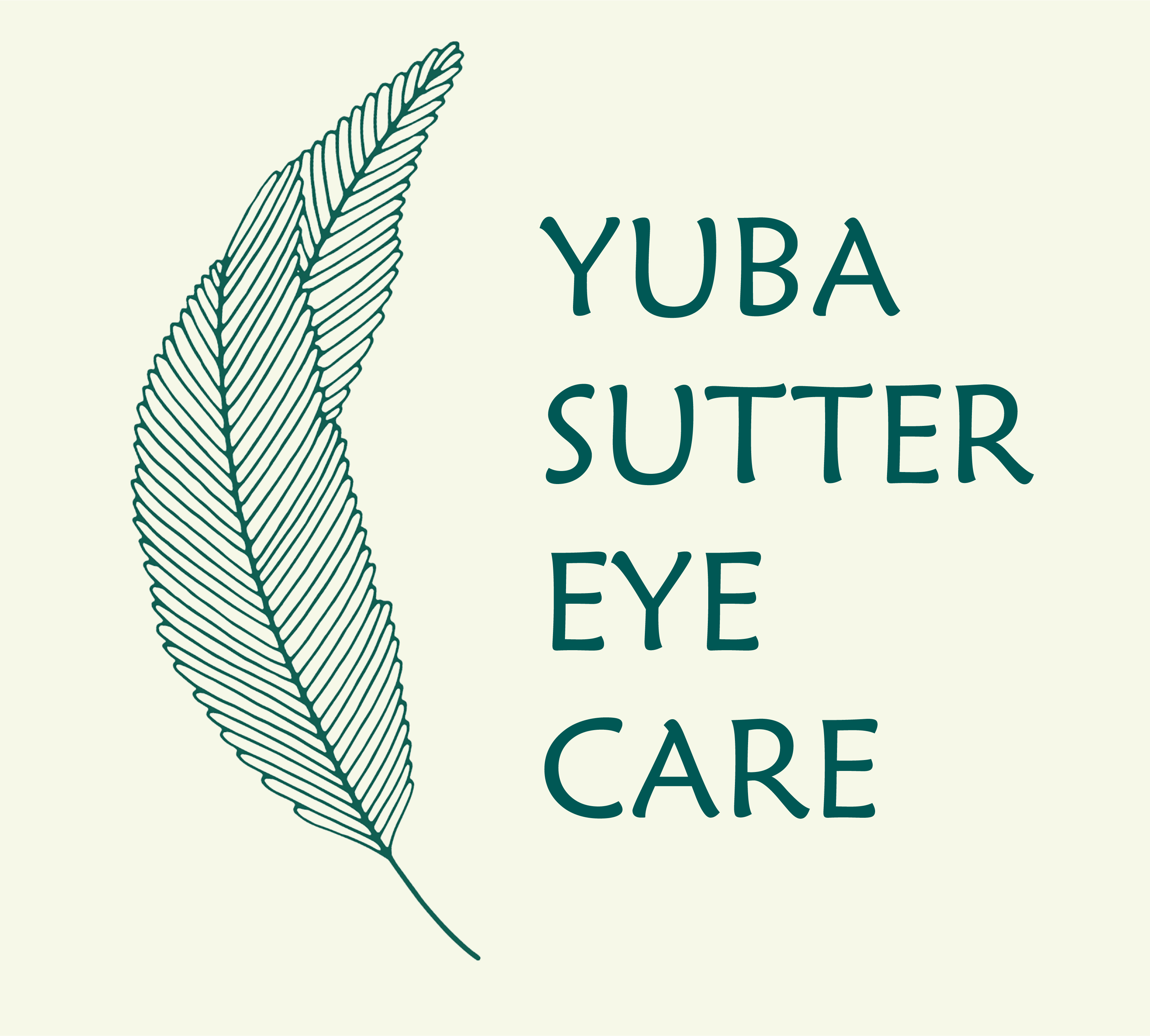Comprehensive

Eye Allergies
Eye allergies, also known as allergic conjunctivitis, are common reactions to irritants (allergens) that make the eyes produce histamine. This response leads to red, swollen, and itchy eyelids and conjunctiva. The eyes may tear and burn. Unlike other types of conjunctivitis, eye allergies don’t spread between people.
Those with eye allergies often experience nasal symptoms like an itchy, stuffy nose and sneezing. Typically linked to seasonal allergies, it’s a temporary condition. Allergens can include pet dander, dust, pollen, smoke, perfumes, or certain foods. If you can’t avoid the cause, the allergies may become more severe, causing significant burning, itching, and sensitivity to light.
Glasses/Contacts Rx
Obtaining your glasses and contact lens prescription involves a comprehensive eye examination conducted by an optometrist or ophthalmologist. Here’s an overview:
Importance of Having a Prescription
Regular eye exams and obtaining accurate prescriptions are essential for maintaining good eye health, ensuring optimal vision, and addressing any potential issues early on.


